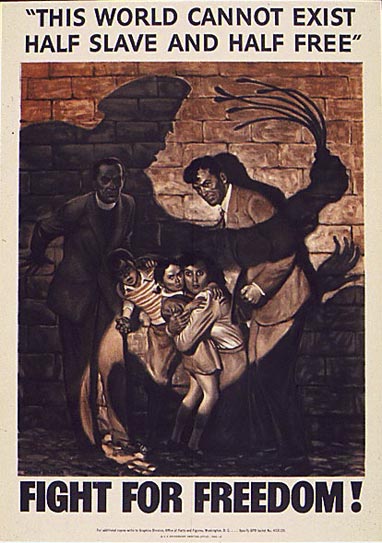 Having said that, prepare yourself for a treat. For me, this lecture series created an opportunity to look differently at war. My Dutch background had stuck me in an idea of war hued by the Cold War and the Second World War, wars in which the Dutch could just perish and not defend themselves. Now that I live in Israel, war has taken on a different scale and defense has become an option, but I had never managed to wrap my mind around the new concept. Professor Magagna took me on an analytical journey in this podcast, on an attempt to explain war, how it starts, what can prevent it and what makes it inevitable under circumstances. And once war occurs, what decides it, what are the powers at play. Most importantly: what is that makes the populace ready to bear the burden of war and what makes soldiers prepared to take on the dangers of war?
Having said that, prepare yourself for a treat. For me, this lecture series created an opportunity to look differently at war. My Dutch background had stuck me in an idea of war hued by the Cold War and the Second World War, wars in which the Dutch could just perish and not defend themselves. Now that I live in Israel, war has taken on a different scale and defense has become an option, but I had never managed to wrap my mind around the new concept. Professor Magagna took me on an analytical journey in this podcast, on an attempt to explain war, how it starts, what can prevent it and what makes it inevitable under circumstances. And once war occurs, what decides it, what are the powers at play. Most importantly: what is that makes the populace ready to bear the burden of war and what makes soldiers prepared to take on the dangers of war?The grip that Magagna offers is a rational one. The picture that emerges is that the peoples and the individuals have a stake in war and there is a logic for their level of dedication. It boils down to a transactional model; people are aware of what they have to gain and lose in war. Those that have the most to gain (or lose) are true citizens, who have a stake in the state they defend, whose rights and existence are dependent of the outcome of the war. The bottom line Magagna presents is that democracies are better at war. The citizens have more to win and lose. In reverse, one receives the impression that democracies emerged as a prize of war, the reward for the soldier and the populace for their fight and as a stake to hold on to for the next war. The big transaction between people and state.
Previously on Politics and Warfare:
The politics of War.
